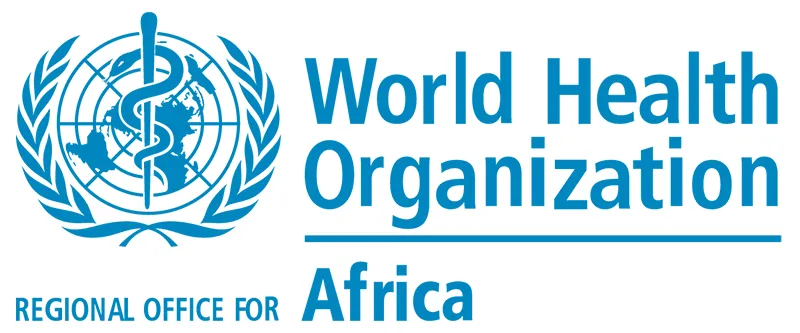
Namibia Launches HPV Vaccination Drive to Fight Cervical Cancer
2025-09-12
Author: Mei
A Lifesaving Initiative Begins in Namibia
In a groundbreaking step towards eradicating cervical cancer, Namibia has launched a nationwide human papillomavirus (HPV) vaccination campaign aimed at protecting young girls from this preventable disease. Leading the charge is 10-year-old Andra Chigova from Windhoek, who is already encouraging her peers to get vaccinated. "Don't be scared—the HPV vaccine will protect us in the future against cervical cancer," she urges.
The Campaign's Ambitious Goals
Launched by the Ministry of Health and Social Services with support from the World Health Organization (WHO), this campaign targets approximately 232,000 girls aged 9 to 14 across all 14 regions of Namibia. In the first two weeks alone, more than 65,000 girls received the vaccine, a strong start towards the Ministry’s comprehensive strategy.
Empowering Families with Knowledge
Andra's mother, Temptation Chigova, feels relieved knowing her daughter is protected against a disease that has wreaked havoc on countless families. "I have witnessed firsthand the devastating impact of cervical cancer on women and their loved ones. I’m grateful to the government for this initiative that will spare future generations from the same suffering,” she states.
Cervical Cancer: A Global Concern
Cervical cancer ranks as the fourth most common cancer among women worldwide, with an alarming 660,000 new cases reported in 2022. Tragically, nearly 94% of the 350,000 deaths from the disease that year were in low- and middle-income countries, highlighting an urgent need for preventative measures.
Namibia's Public Health Challenge
In Namibia, cervical cancer remains a significant public health challenge, with an estimated 350 new cases and over 200 deaths each year. The HPV vaccination campaign aligns with WHO’s Global Strategy to eliminate cervical cancer, aiming to vaccinate 90% of girls by age 15, screen 70% of women by ages 35 and 45, and ensure timely treatment for those diagnosed.
Engaging Parents and Dispelling Myths
Local health workers, like nurse Ramona Mbadeka, are at the forefront of dispelling myths surrounding the vaccine. "Some parents initially hesitated but changed their minds after attending information sessions about the vaccine's benefits," he reveals. The vaccination is voluntary, and health workers are committed to providing accurate information to empower parents.
Commitment from Health Officials
Dr. Esperance Luvindao, Namibia’s Minister of Health and Social Services, emphasizes the vaccine's safety and efficacy. "We are witnessing far too many women affected by this preventable illness. Our numbers illustrate the urgency of this initiative. We encourage families to ask questions and seek information based on facts, not fear," she states.
Support from the World Health Organization
In collaboration with health authorities, WHO has been instrumental in monitoring the vaccination campaign’s progress, enhancing logistical support, and combating misinformation. They have developed communication strategies to educate communities and ensure successful vaccine delivery.
The Promise of a Healthier Future
Dr. Richard Banda, WHO Representative in Namibia, reinforces the campaign's goal: protecting young girls from cervical cancer for years to come. He commends the government for this milestone in public health.
For Andra Chigova, the vaccination campaign means more than statistics—it represents hope and a healthier future. "Now I feel happy because I know I am protected," she shares, embodying the promise of this life-saving initiative.




 Brasil (PT)
Brasil (PT)
 Canada (EN)
Canada (EN)
 Chile (ES)
Chile (ES)
 Česko (CS)
Česko (CS)
 대한민국 (KO)
대한민국 (KO)
 España (ES)
España (ES)
 France (FR)
France (FR)
 Hong Kong (EN)
Hong Kong (EN)
 Italia (IT)
Italia (IT)
 日本 (JA)
日本 (JA)
 Magyarország (HU)
Magyarország (HU)
 Norge (NO)
Norge (NO)
 Polska (PL)
Polska (PL)
 Schweiz (DE)
Schweiz (DE)
 Singapore (EN)
Singapore (EN)
 Sverige (SV)
Sverige (SV)
 Suomi (FI)
Suomi (FI)
 Türkiye (TR)
Türkiye (TR)
 الإمارات العربية المتحدة (AR)
الإمارات العربية المتحدة (AR)